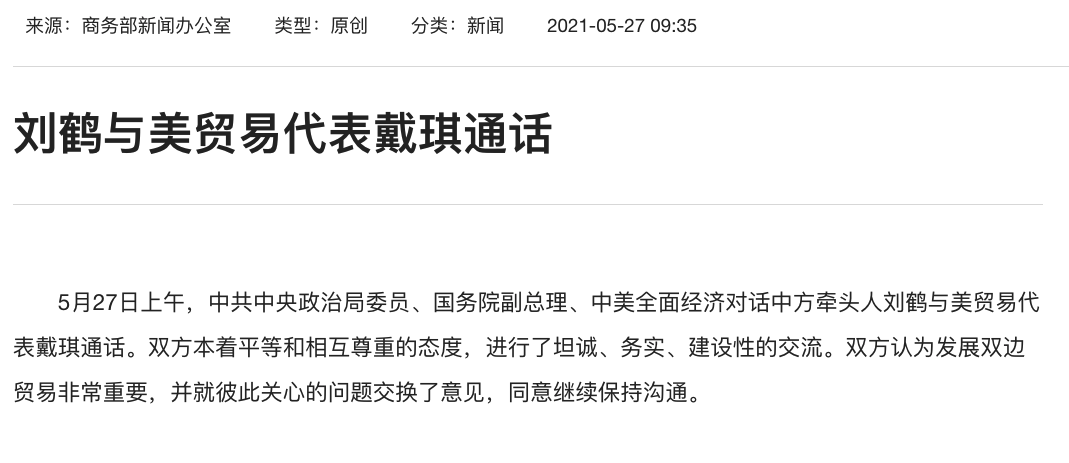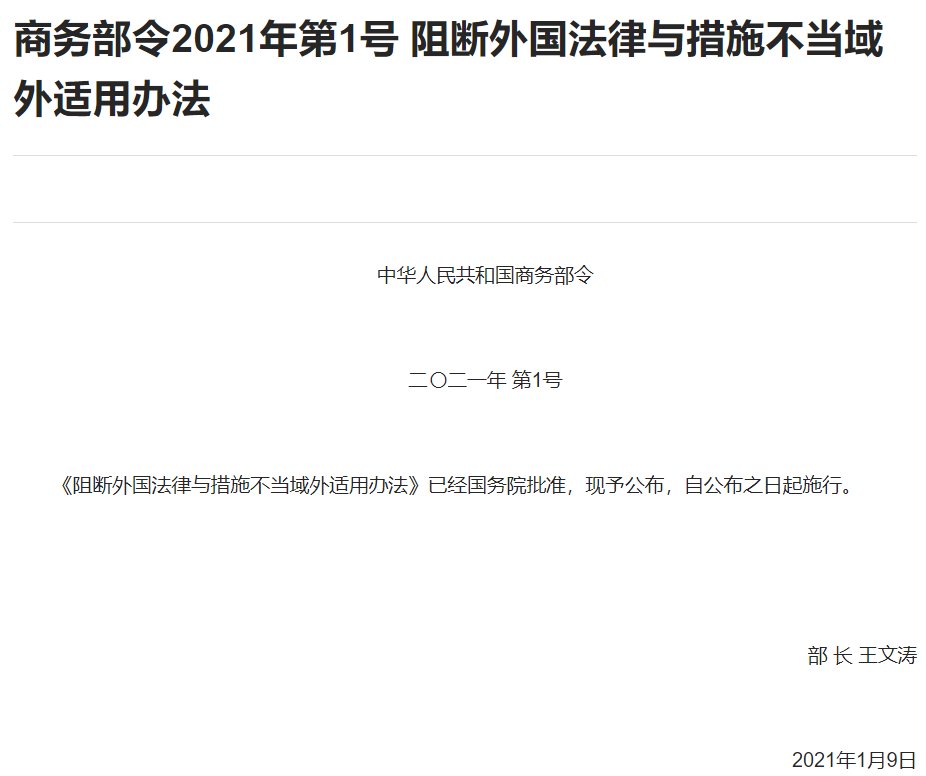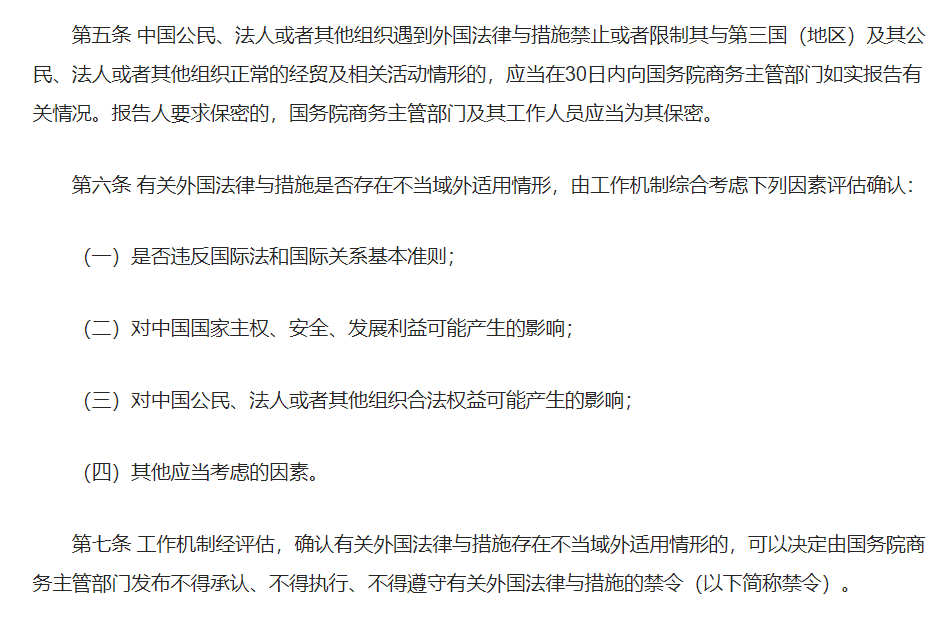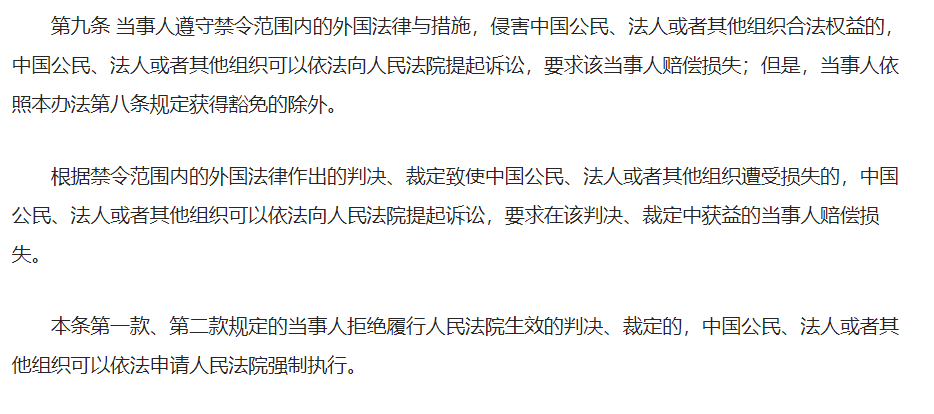
Time to compare notes again: This morning
@USTradeRep @AmbassadorTai had a phone call with Chinese vice Premier Liu He.
The two readouts from @USTradeRep and MOFCOM both emphasized two points:
1. They had a “candid exchange”;
2. They will have "future discussions".

@USTradeRep @AmbassadorTai had a phone call with Chinese vice Premier Liu He.
The two readouts from @USTradeRep and MOFCOM both emphasized two points:
1. They had a “candid exchange”;
2. They will have "future discussions".


Translating the diplomatic speak into normal language:
1. There are many disagreements;
2. They had so many disagreements that they have to wait until the next time to try to sort out the issues.
1. There are many disagreements;
2. They had so many disagreements that they have to wait until the next time to try to sort out the issues.
Now let's play the game of "spot the difference":
1. @USTradeRep: @AmbassadorTai discussed the "guiding principles of the Biden-Harris Administration’s worker-centered trade policy and her ongoing review of the U.S.-China trade relationship, while also raising issues of concern".
1. @USTradeRep: @AmbassadorTai discussed the "guiding principles of the Biden-Harris Administration’s worker-centered trade policy and her ongoing review of the U.S.-China trade relationship, while also raising issues of concern".
2. MOFCOM emphasized that the two sides had "pragmatic and constructive exchanges in a spirit of equality and mutual respect. Both sides consider it very important to develop bilateral trade".
Simply put, the US is more concerned with the bilateral trade deficit, China's alleged violation of WTO rules, etc; China considers it important to maintain trade relations with the US, but it must be done in an equal and respectable manner.
Let me try to imagine what happened:
Tai:
Hi, I'm calling to check how you've implemented the phase 1 deal. Let me see, you only fulfilled some 60% as per the calculations of @ChadBown.
Liu:
We'd be happy to implement the deal if you could remove the additional tariffs first
Tai:
Hi, I'm calling to check how you've implemented the phase 1 deal. Let me see, you only fulfilled some 60% as per the calculations of @ChadBown.
Liu:
We'd be happy to implement the deal if you could remove the additional tariffs first
Tai:
Don't get me started! You failed to do this and that... I got a long list here...
Liu (interrupting Tai):
We Chinese people don't eat this stuff (and you should know better as a Chinese)! Stop lecturing us and just remove the tariffs!
Tai:
OK! Until next time!
(busy tone)
Don't get me started! You failed to do this and that... I got a long list here...
Liu (interrupting Tai):
We Chinese people don't eat this stuff (and you should know better as a Chinese)! Stop lecturing us and just remove the tariffs!
Tai:
OK! Until next time!
(busy tone)
unroll @threadreaderapp
• • •
Missing some Tweet in this thread? You can try to
force a refresh













